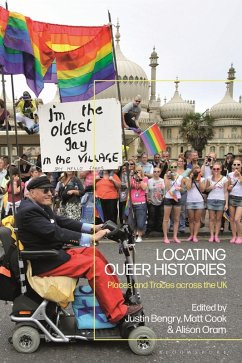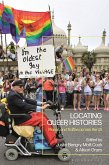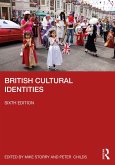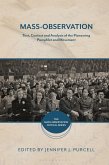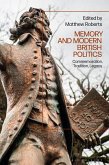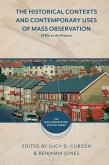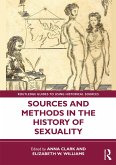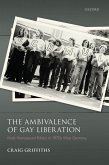Ranging from the mid-19th century to the present, and from Edinburgh to Plymouth, this powerful collection explores the significance of locality in queer space and experiences in modern British history.
The chapters cover a broad range of themes from migration, movement and multiculturalism; the distinctive queer social and political scenes of different cities; and the ways in which places have been reimagined through locally led community history projects. The book challenges traditional LGBTQ histories which have tended to conceive of queer experience in the UK as a comprising a homogeneous, national narrative.
Edited by leading historians, the book foregrounds the voices of LGBTQ-identified people by looking at a range of letters, diaries, TV interviews and oral testimonies. It provides a unique and fascinating account of queer experiences in Britain and how they have been shaped through different localities.
The chapters cover a broad range of themes from migration, movement and multiculturalism; the distinctive queer social and political scenes of different cities; and the ways in which places have been reimagined through locally led community history projects. The book challenges traditional LGBTQ histories which have tended to conceive of queer experience in the UK as a comprising a homogeneous, national narrative.
Edited by leading historians, the book foregrounds the voices of LGBTQ-identified people by looking at a range of letters, diaries, TV interviews and oral testimonies. It provides a unique and fascinating account of queer experiences in Britain and how they have been shaped through different localities.

